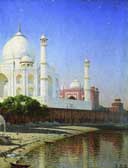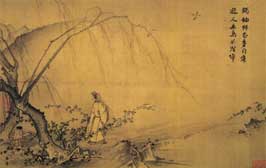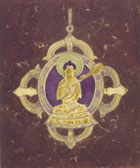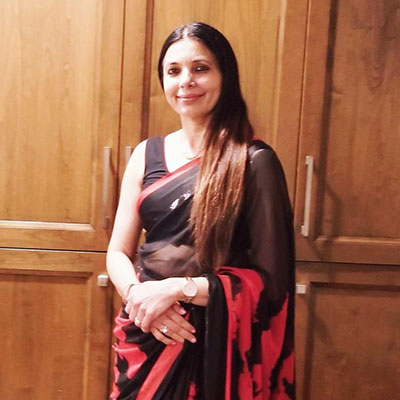
Humanities
 |
 |
 |
HUMN 2
Cultures, Civilizations and Ideas: Of Empire and Conflict
HUMN 2 is an interdisciplinary and thematic approach to the history of human culture and ideas as they pertain to several different regions and eras, including India, China, Japan, Africa, The Americas, Islam, and Medieval Europe.
This is the second course in a sequence of four courses spanning all of human history (HUMN 1, HUMN 2, HUMN 5, HUMN 6). Each course in the sequence is independent of each other – meaning that you do not need to have taken one course to be successful in another. We encourage you to take the course (or courses) in this sequence that best fits (or fit) your interests.
In this course we will raise the question, what is it that drives our human creativity? Heraclitus the ancient Greek philosopher asserted that conflict was the originator of our creative impulses and our political social interactions.
This course explores conflict as the impetus for human cultural expression through art, the written word, design, beauty, and technological innovation from some of the greatest Empires in human civilization. From grand architectural structures to revolutionary spiritual ideas and artifacts, we will see how the aesthetically magnificent expressive arts of China, Africa, Islam, Japan, India, Medieval Europe, and Ancient Mesoamerica have influenced our human culture today.
Class discussions, projects and presentations will aid students in discovering that conflict produces great beauty!
Course Objectives
- Engage in critical, creative, and independent thinking.
- Stimulate curiosity about intellectual and artistic life.
- Broaden perspectives on the diversity and dilemmas of human experience and knowledge.
- Apply critical approaches to the analysis of various modes of cultural production in relation to the political, economic, social, and religious context of the time.
- Explain the relationship between art, social organization, and political institutions in both Western and non-Western contexts.
- Use diverse historical periods and cultural traditions as a framework for a more complex understanding of the contemporary world.
- Analyze cultural production as both instruments of social control and ideological change.
- Develop the habit of learning and responding to new ideas and challenges.
- Think through moral and ethical problems and to examine one’s own assumptions.
- Improve both oral and written communication, especially through critical reading and analysis.

